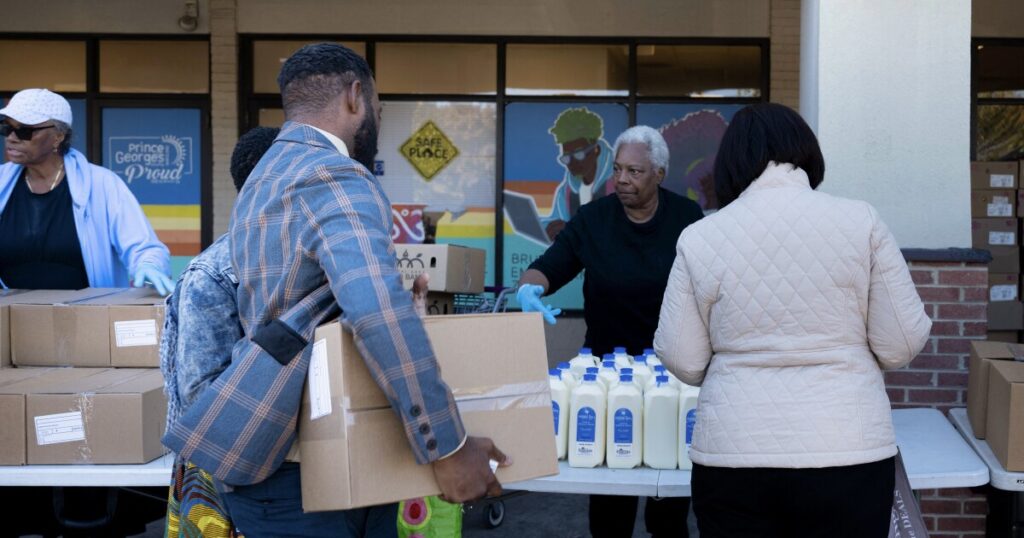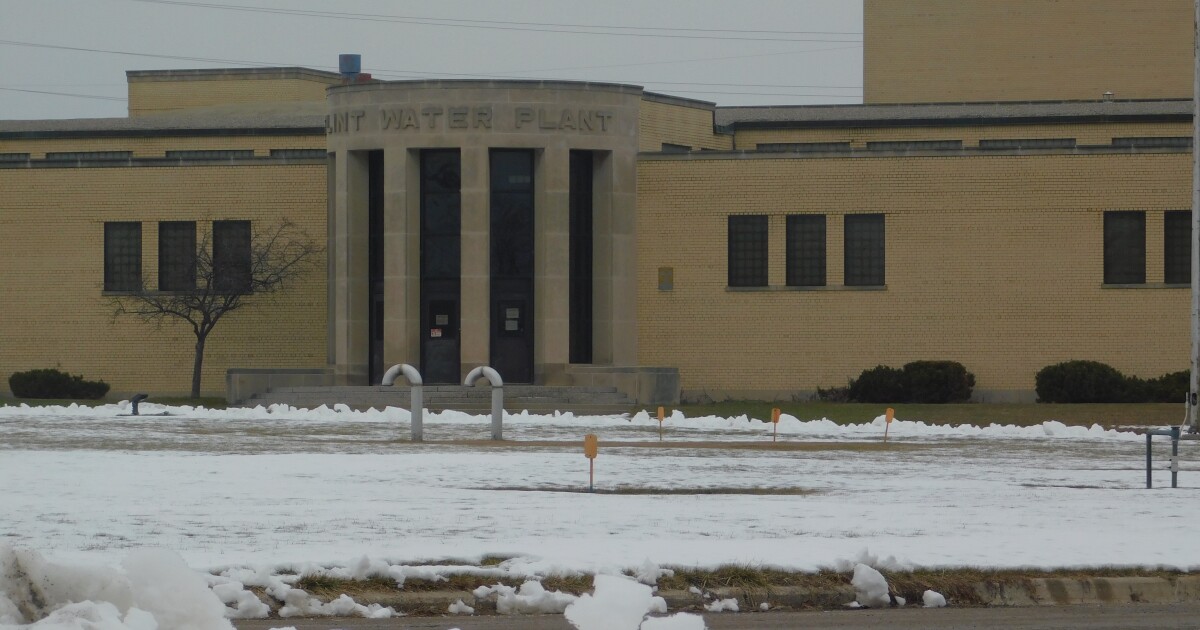As the federal government shutdown enters its 22nd day, a resolution between Republicans and Democrats seems elusive. The impasse has left many federal workers facing the prospect of missing their first full paycheck due to the shutdown, with the White House casting uncertainty on the back pay that federal workers are legally entitled to receive once the shutdown concludes.
President Trump’s agenda to reduce government size continues to be intertwined with the shutdown, with mass layoffs of federal employees in progress, particularly targeting programs he labels as “Democrat programs.” For further details on a lawsuit by fired federal workers seeking to halt the ongoing layoffs, click here.
Here’s an overview of the current situation:
Jump to state-specific impacts.
Causes of the Shutdown
A disagreement over the continuation of subsidies for the Affordable Care Act (ACA) marketplaces has sparked the current shutdown. This affects some 24 million people who rely on these marketplaces for health coverage. The GOP accuses Democrats of wanting to use tax dollars to fund healthcare for undocumented immigrants, a claim that has been disputed.
Senate Democrats have blocked a Republican-backed funding bill that does not include an extension for these tax credits, and they aim to reverse cuts to healthcare programs implemented by a GOP spending and tax bill passed in the summer. NPR’s Deirdre Walsh notes that Nov. 1 could be pivotal, marking the start of ACA open enrollment and highlighting the cost of coverage without subsidies.
Military and Government Workers
Active military members avoided missing a full paycheck this month, thanks to repurposed funds found by the Trump administration, but this only covered a single pay cycle. Military families are increasingly turning to additional support from food banks.
Lawsuits are underway as the Trump administration proceeds with laying off approximately 4,000 federal workers during the shutdown. A judge has temporarily halted some of these layoffs, impacting unionized employees. More details can be found here.
Impact on Aid Programs
The Women, Infants, and Children (WIC) program faced potential funding shortages, but the USDA has managed to extend its resources using money from the previous fiscal year, with additional support proposed from tariff revenues. SNAP benefits are secure through October, but November benefits are uncertain without new funding.
School meal programs are at risk, with some states struggling to reimburse schools for meals provided during the shutdown. “There is a strong commitment on both sides of the aisle to make sure that kids have access to healthy meals at school,” said Diane Pratt-Heavner of the School Nutrition Association.
Federal Agencies and Services
The U.S. Postal Service remains unaffected, continuing operations as usual. Meanwhile, the IRS has furloughed nearly half its staff, though essential services and preparations for the upcoming tax season continue using non-appropriated funds.
At the Department of Education, significant staff furloughs have occurred, with reductions impacting offices like the Office for Civil Rights and special education oversight. Despite these cuts, federal student aid programs continue to operate.
National Parks and Other Services
Many National Park Services and the Smithsonian facilities have suspended operations, though essential animal care continues. Some parks remain accessible with limited services, raising safety concerns. The community in Salem, Massachusetts, has rallied to keep vital visitor services open during peak tourist season.
Medicare, Medicaid, and Social Security benefits continue, but Social Security offices face disruptions in providing verification letters. Immigration enforcement by ICE proceeds largely unaffected, with DHS law enforcement officers receiving pay during the shutdown.
State-Specific Developments
Various states experience unique challenges due to the shutdown. In Alaska, federal employees face job uncertainty, while Arizona social services gear up to support affected Grand Canyon staff. Connecticut maintains food assistance programs but faces potential SNAP funding shortages. In Texas, cargo inspections continue, but extended shutdowns could lead to staffing issues.
For more insights into the state-specific impacts of the shutdown, refer to the links provided throughout the article.
— NPR’s Padma Rama, Emily Alfin Johnson, and Heidi Glenn edited this piece.
Copyright 2025 NPR
—
Read More Michigan News










